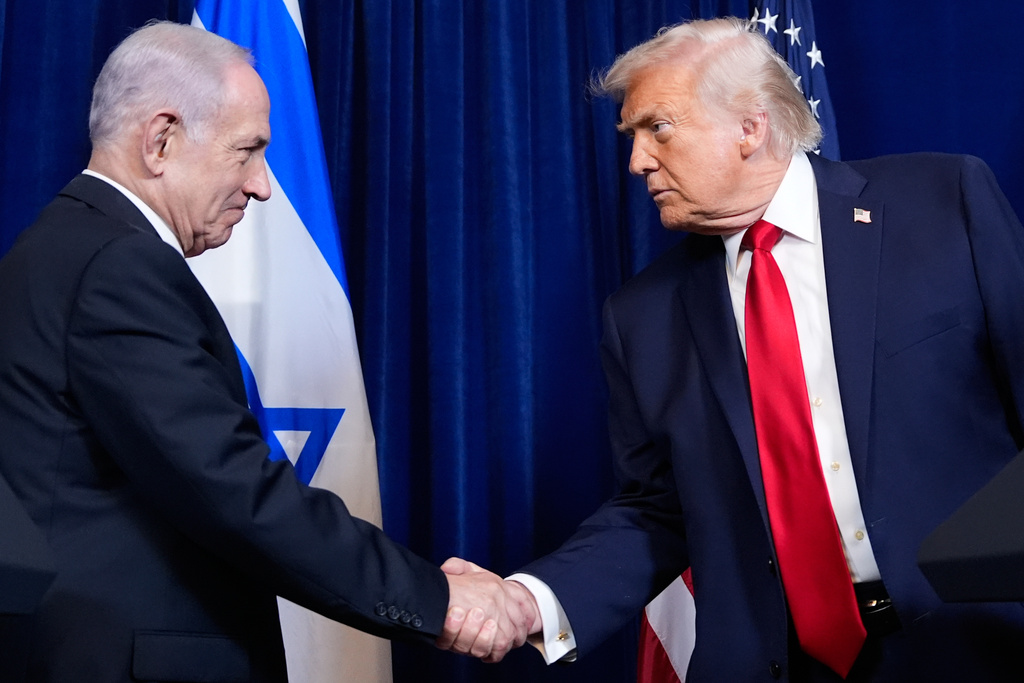Thailand’s military said Saturday it plans on keeping the ousted prime minister in detention for up to a week to give them “time to think.”
This comes a day after the military summoned more than 100 politicians to an army facility, including Prime Minister Yingluck Shinawatra. (Via Arirang)
Fox News reports this may be an attempt to keep those political leaders from contacting their supporters, who for the second day filled the streets of Bangkok in protest.
Earlier this week, the army declared martial law, and days later, declared a full-blown coup. Six senior military officials are now running the country. (Via ITN)
All of this is just the latest chapter in the Thailand's long running political crisis.
For months, anti-government protesters called for Yingluck to step down and be replaced by an unelected council. She refused. (Via BBC)
Yingluck was eventually kicked out of office after a court found her guilty of abuse of power, but that hardly resolved the crisis. (Via The Wall Street Journal)
The opposition continued its calls for the military to step in and that brings us to where we are today — with the Thai military having now suspended the constitution and taken control of the government. (Via Euronews)
Of course, Thailand is a country that’s no stranger to political turmoil. This marks the 12th successful coup since 1932. (Via CBS)
But unlike previous coups, this time, the army chief has not promised a swift return to civilian rule. Right now, it’s a little unclear what will happen next.
But a writer at The Washington Post does offer some insight. “The coups, and everything that leads up to them, are stretching the country's tolerance. The danger of this coup might only be apparent when the dust settles.”
Much of the international community has condemned the actions of Thailand's military, including the U.S., which has suspended $3.5 million in military aid to Thailand.










